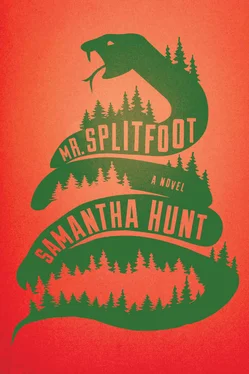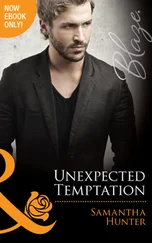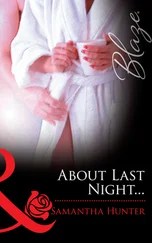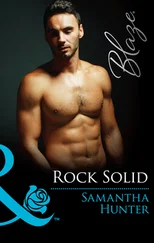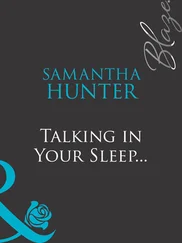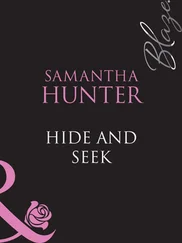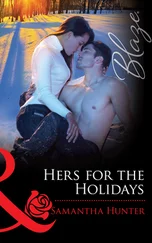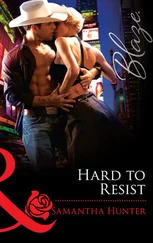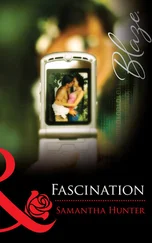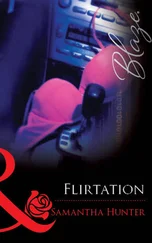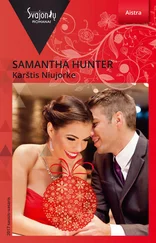Ruth carries a box of tissues into the basement each time they go. She also works security when necessary. The first time Nat contacted Tika’s mom, Tika went ballistic. “Dirty whore! Let me at her!” In his trance Nat kept saying, “I love you. I love you, honey. I’m sorry.” Tika charged Nat, knocking his head back against the concrete floor, scratching at his cheeks. Ruth pulled her off, told her she wasn’t allowed to come back to the basement anymore.
A few days after the sisters, the tiny, quiet Raffaella has her turn, and this is how they move through the months.
Ruth holds one of Raffaella’s hands. It looks and feels like a flipper. Nat takes her other hand. “Yaawwchappa chappa chappa,” Nat yammers in the murk.
Raffaella’s flipper grips Ruth’s hand tighter. It’s the girl’s first time. She thought Jesus wouldn’t like her talking to dead people until Ruth pointed out that Jesus himself is a dead person who came back, talking.
“Choo chug choo chug.” Nat’s pupils are vacant. “Hello?”
Ruth opens her eyes a slit. Raffaella watches Nat, so hungry she’d eat him.
“Jumper. Juniper. Jennifer. Jennifer. Jennifer.” Finding the right ghost is like selecting an entrée off a menu.
Raffaella’s mouth opens. She straightens her spine. “That’s her.”
“Remember that lightning storm? We sat and watched it.”
Raffaella nods, whispers, “I remember, Mommy.”
“I’d be with you if I could.” Every mother says that every time.
Raffaella asks, “What’s stopping you?”
Ruth tilts her head. “The veil between the worlds is hard to pass over.”
“Pardon?”
“It’s hard to come back from the dead.”
“My mom’s not dead. She’s in Miami.”
Ruth’s eyes open. “Miami?”
“It’s like she’s dead.”
“Like she’s dead?”
Nat comes to. He rubs his forehead and stretches.
“It’s over,” Ruth tells her.
“OK,” the little girl says. “Well. Thanks.” Raffaella releases their hands. She doesn’t press it. She wants to believe. She pays them to not admit it’s fake. Her footsteps are light on the stairs as she goes. The basement door shuts.
“Her mom’s not dead.”
Nat shrugs.
“I guess there are even more mysteries than I thought,” Ruth says.
“I guess so.” They climb out of the cellar. Nat lets Ruth hold the money.
Breakfast was seven hours ago. Ruth had a half bowl of Crispy Hexagons. Food supplies are low until the State makes its next payment. Ruth drinks water and a dandelion tea the Father brews when food runs out. Hunger’s slowing her down, eating her brain. Hunger darkens her eyes on a young man speaking with the Father on the front porch. His hair’s long as a gypsy’s. His fingers are covered with thick metal rings, stones and skulls, some sort of fancy pirate. There’s a suitcase beside the man, but he’s too old to be a new charge. His pinkie nails are painted black. The Father won’t like that one bit. Homosexual, he will say. The Father doesn’t know anything. Ruth sucks her thumb, wondering if her hunger invented the man.
Nat and three of the other children watch a Father-approved television program in the living room, something about a boy and his monkey. TV is a luxury allowed during the lean times. Ruth tries to glean a word from the porch. The Father keeps his voice low, but the young man, a bright penny, can be heard plainly.
“My own household has been kindly increased in the arms of this product, sir. My solemn word.” A salesman in graveyard boots. He’s young to be a salesman. “I’ll have you know, this product is held in surplus by not only the residents of the White House but their cabinet members as well.”
“I don’t much care for the government.”
“No. I’m only saying—”
“What is it? Let me see what you’re hawking.”
“Indeed.” The man eyes his case. “But is there perhaps a lady of the house I might converse with? A mother to these lovely children? She might better understand what I have to offer.”
From just inside a living room window, Ruth buries her eyes in the young man’s burgundy suit. He could be snapping baby photos at Sears in that suit. He could be pumping formaldehyde at a funeral parlor or even heading off to prom. Ruth falls away from the sway of Nat to a place of swords and sticks where it’s every man for herself.
“Let me ask you something. Have you invited our Lord and Savior Jesus Christ into your heart?” That old saw. The Father tries it on everyone.
The man eyes the Father, his soft hands. “Invited him in, sir. He didn’t care for the decor.”
“A wise-ass, huh?”
The man blinks.
“What is it you believe, son?”
“You really want to know?”
“I’m curious.”
The young man clears his throat, surrenders his sale. “Heaven is a dream of Disneyland for those unable to act here on Earth.”
“That so?”
Ruth is surprised by the Father’s calm.
“That’s what I believe.” The young man winks.
“Then I have one question left. How many orphaned children have you sheltered, fed, and educated? Two questions. How are you helping your fellow humans?”
The young man lifts a hand to his chin to think, which is unlike most people the Father engages. Most can’t listen because they’re already certain they’re right. The man chews his top lip. “I beg pardon, sir. You’re absolutely correct. I have done next to nothing to better my fellow man. That’s the truth. God’s honest.”
But the Father’s not done with this soul. “Christ forbid you should ever become guardian of a child who uses feces as paint; drools for his mother; screams profanities in your face for hours; refuses to bathe, speak, eat; kicks you in the kidneys at bedtime; breaks your nose at breakfast — because in those situations, if you’ve got no God to ask, ‘Why Lord, why?’ you’re going to have take all your questions out on that child’s flesh.” The Father concludes business. “We don’t want whatever you’re selling.” He shuts the front door, leaving the young man alone on the porch, hands open and empty.
Ruth’s nearly proud of the Father, nearly buying his bull, until he breezes past her and she smells food coming from the Father’s pores: scrambled eggs, meat, cheese. The Father’s been eating bacon and not sharing it. Ruth is starving.
The young man palms his suitcase. Ruth steps into sight, clears her throat. “Hello, little sister,” he says. Something new in town after so long living with old things. “That’s some gorgeous explosion on your face, huh?” Ruth lifts a hand to her cheek. “Yes, it is,” he answers for her. The young man takes his leave, throwing an arm up in farewell, whistling as he walks away. Ruth can’t tell if he’s a boy or a man. Closer to a man, she thinks. The shadow of a bird crosses his back. He doesn’t even see it, doesn’t know how lucky he is, free as that bird. Or maybe good things just happen to him all the time.
Her hunger burns worse when the young man is gone. “Apples?” she asks Nat. The farm has a number of hoary trees. Each fruit is good for two bites before a hard blue spot crops up. There are tons of them because the other kids won’t eat what the worms left behind.
“Not today.”
Troy is a tipsy municipality built on top of three powerful confluences: Panhooseck and Paanpack, the old peoples; shirt collars and steel, the old industries; Hudson and Erie, the old waterways.
People with cars pass Nat and Ruth on their walk into the city. The drivers pretend to focus really hard on their driving so that they won’t have to, all Christian-like, stop to offer them a ride.
But as previously reported, he isn’t a Christian. The young salesman’s car is stopped up the road, a quarter mile from the home. He’s attempting to turn the engine over again and again, but the engine won’t fire. Nat slides past the car, but Ruth stops at his window. She touches the pane. The man turns the key one last time and the engine engages.
Читать дальше
